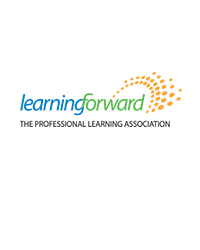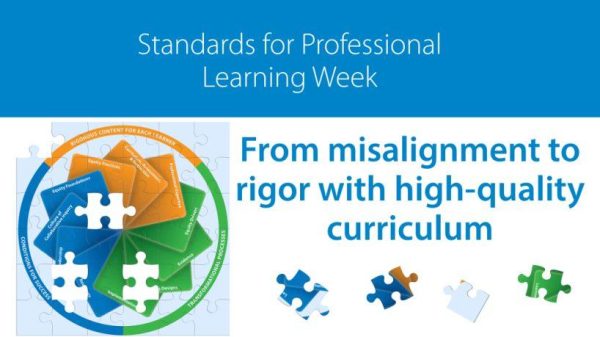Coaching is a high-impact form of professional learning that helps educators build their expertise and hone their practices so students can achieve success. Although some professional learning leaders have an official coach title or role, any educator can use coaching as a way to support another educator. Doing so requires understanding what coaching is – and what it’s not, said Sharron Helmke last week at Learning Forward’s Annual Conference.
Helmke, Learning Forward’s senior vice president of professional services content, explained that coaching is one component of a “support continuum” that also includes consulting and collaborating. Educators benefit from knowing when and how to choose coaching interactions over the other types of conversations, she said, kicking off her 45-minute facilitated coaching panel discussion.
Helmke described the three conversational stances for the audience:
- The Consulting stance. When supporting someone in this way, a leader is relying on their own experience and expertise to give advice, make suggestions, or offer an opinion of what to do. The leader is the one who’s doing the thinking, the processing, and the problem-solving about the situation. This is typically the fastest way to move through a list of people who want or need our support, but it can lead to increased dependence, as those people keep coming back for advice or to double-check their thinking.
- The Collaborating stance is about working together, for example, brainstorming and problem-solving together to make decisions. Collaboration is the hallmark of Professional Learning Communities and teacher teams, and is valuable for tapping into the expertise of everyone in the group.
- The Coaching stance is a set of conversational skills that moves the cognitive work from the leader to the client or coachee. The leader/coach’s role is to support the other person’s thinking, processing, and problem-solving skills. This helps build the coachee’s efficacy, strengthen their agency, and increase confidence in their own problem-solving skills. This, in turn, builds their capacity to be life-long learners who continuously improve their professional practice.
 None of these stances are right or wrong, Helmke said. Coaches and leaders should be able to move flexibly and intentionally across the stances to meet the other person at the level of support they need, not in the way that is fastest or easiest.
None of these stances are right or wrong, Helmke said. Coaches and leaders should be able to move flexibly and intentionally across the stances to meet the other person at the level of support they need, not in the way that is fastest or easiest.
For the December 5, 2023, coaching keynote panel, Helmke was joined on stage by three accomplished educators who collectively have decades of coaching experience: Jen Lara, Jackie Owens Wilson, and James Thurman.
Frederick Brown, Learning Forward President & CEO, introduced the keynote. “Today’s coaching keynote challenges us to think differently about coaching,” he said. “Coaching is not a role – it is a set of skills every educator can use.”
Coaching is not a role – it is a set of skills every educator can use. Click To Tweet“When we have a handle on coaching, we can shift the culture because we are honoring every educator and student as learners and as people who already hold expertise and value,” Helmke said.
Learning Forward will continue to publish articles and blogs from our Annual Conference session content about coaching, leadership development, equity, learning networks, implementation, curriculum and instructional materials, and other professional learning topics featured at our four-day educator professional learning event.








